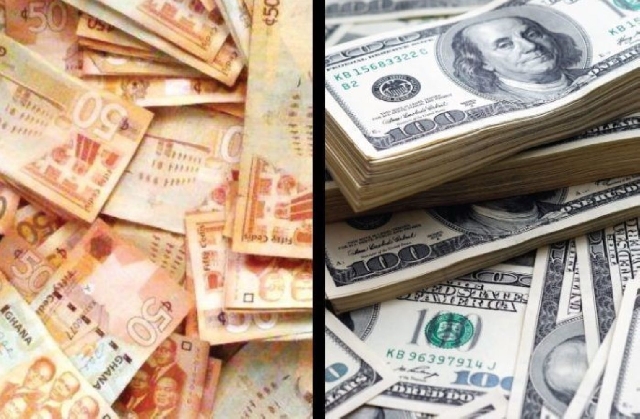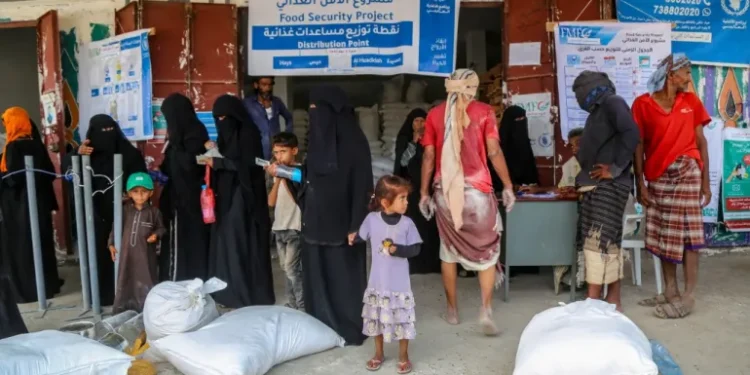In Ghana, the conversation on exchange rates has taken such a dominant role in politics that it has pushed aside the policy discussions the nation should be having on the question of overvaluation, according to Bright Simons, Vice President of IMANI Africa.
He argued that the politicization of exchange rates prevents clear-eyed debate, while other countries approach the issue more directly.
Simons drew a comparison with Britain, where central banks typically step in to address overvaluation without hesitation.
“I guess this is hard in Ghana, where the monetary authorities have long banked their credibility on strengthening the currency instead of simple stability, which is their actual mandate. The sentiment environment encourages central bank MACHOISM.
“By the way, the IMF going around complaining about overvaluation doesn’t only happen in Ghana. They do it everywhere. Between 2014 and 2017, they were constantly on the neck of the UK government.”
Bright Simons

He further pointed to examples like Argentina, where doubts over the reliability of inflation figures added another layer of complexity. In his view, the debate around overvaluation is not about ideology.
Rather, it is grounded in classical economics, which, he noted, even heterodox economists generally acknowledge as valid, since overvaluation directly weakens competitiveness.
Overvaluation Undermines Competitiveness Globally
The economic effects of overvaluation, Bright Simons explained, are traditionally understood through their impact on exports. Overvalued currencies, he said, suppress exports, which in turn affects growth and broader economic performance.
While this model is widely recognized, Simons believes Ghana’s situation cannot be fully explained by this mechanism.
He observed that Ghana’s GDP numbers have remained relatively strong despite exchange rate issues. Instead, he argued that the problem in Ghana is operational.

He explained that overvaluation channels often become opportunities for arbitrage, creating pathways for capital flight.
“Our political economy is such that when the domestic currency is overvalued, it gets misallocated to actors who acquire hard currency and use it in ways that do not support the current account.”
Bright Simons
This, he said, results in sharp corrections that create damaging volatility in the financial system.
Unlike in Britain, where the impact of overvaluation is somewhat muted, the Ghanaian economy faces what he called a far more brutal rollercoaster between overvaluation and undervaluation. “Almost every time,” he stressed, the effects are severe and destabilizing.
Debating Ghana’s Overvaluation and Exchange Rate Challenge
The most difficult part of managing overvaluation, Simons emphasized, is not in the solutions but in achieving consensus on whether overvaluation actually exists.
Under normal circumstances, he explained, this would be resolved through policy debates and an eventual analytical consensus among experts.
In practice, though, the situation in Ghana rarely allows for such convergence. Competing models for measuring “real exchange rates” are often debated, but political interference prevents agreement on a clear direction.
He remarked that this persistent inability to build consensus has left the country trapped in cycles of argument without progress. In his words, “but you know what I’m going to say already about why that never works in Ghana, right? KATANOMICS!”

Simons wrapped up his analysis by stressing that Ghana’s long-standing obsession with portraying a strong cedi for political appeal, rather than pursuing genuine stability and prudent economic management, has left the nation dangerously exposed.
This fixation, he argued, is less about sound policy and more about optics—creating the impression of economic strength while ignoring deeper structural weaknesses.
In his view, the pattern is predictable: when governments prioritize appearances over substance, the economy is left vulnerable to abrupt and painful shifts in currency performance.
Overvaluation may bring short-term applause, but it almost always invites severe corrections that erode confidence, hurt businesses, and disrupt livelihoods.
For Simons, the takeaway is straightforward—unless Ghana shifts its political mindset and treats exchange rate management as a matter of long-term strategy rather than campaign rhetoric, the cedi will continue to oscillate between inflated highs and crushing lows.
The cycles of overvaluation followed by harsh devaluation, he warned, will persist until the political class embraces stability and sound governance over short-lived optics.
READ ALSO: Minister Reaffirms Commitment to Boost Ghana Tourism























